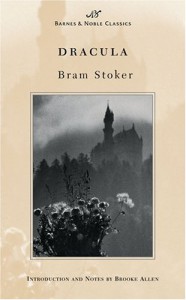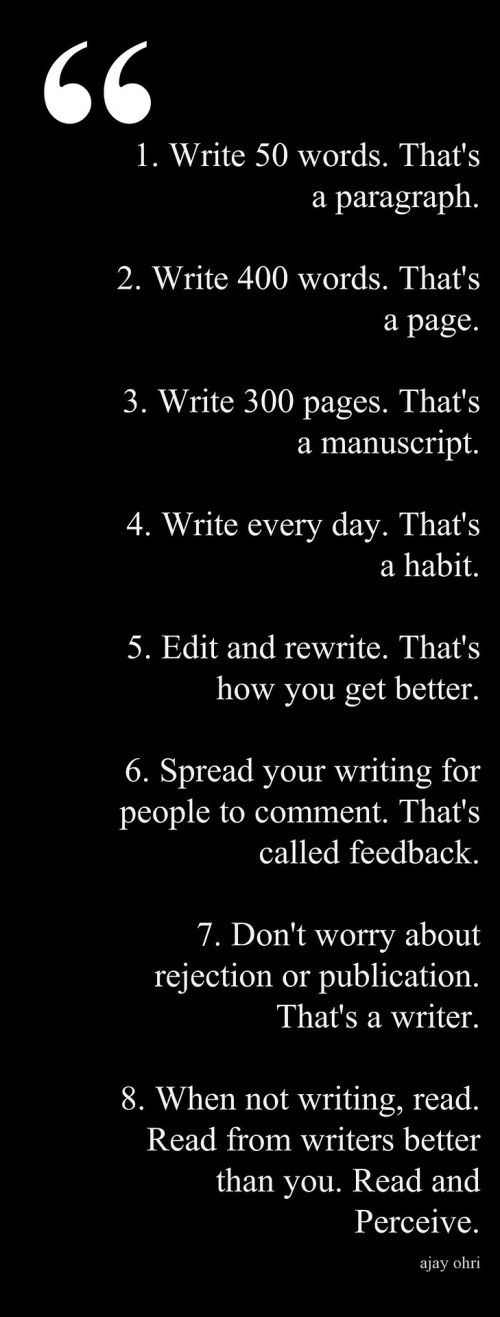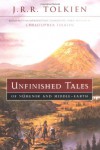
There has been so much lost over the years with the legend of Bram Stoker’s Dracula. Or should I say added to?
Dracula, the brutal warring lover who lost the love of his life when she jumped from the castle to the rocky bottom below because those evil Turks tricked her into believing that Dracula was dead. When comes to find out of her death he renounces God, whom he fought the Turks for. This is when he becomes the monster that is the vampire…
Wait, wait, wait, not so much.
Dracula has been so misinterpreted through popular novels based on it and especially movies; Francis Ford Coppola’s Bram Stoker’s Dracula comes to mind. They seem to try and add a human element to what Stephen King called the “outside evil” in Danse Macabre when referring to Stoker’s novel. In fact, it makes me wonder if any of the authors and filmmakers who have operated on this classic, have actually read the book?
In Stoker’s actual novel, Dracula has a relatively short historical background. We know that he was a brute; relative to, or actually, Valad the Impeller; he is hundreds of years old; and he is actually trying to establish a new empire in England. He is also the embodiment of evil with little to no redeeming qualities. He is only seen as a force to defeat, not to sympathize with.
One thing that did pop out to me, in differences in vampires (besides him not sparkling in the sun), was that his mind was described as being underdeveloped and working more as a boys mind than that of a full man’s. It was only during the span of the novel that he realized his paranormal strength, how he could travel, that he could use weather like the fog, and he was really seeing as exploring his limitations.
It was also surprising that in Dracula, that the monster could travel during the day; that he could walk in sunlight. If you’re a fan of such movies as Fright Night, Interview With A Vampire, The Lost Boys, or Blade, you’d think that they all burn up or turn to ash. Not according to the original.
Away from the changing vampire throughout time, I suggest any fan of horror, such as myself, read this classic. I’ve felt that I was hollow in my reading because I have not read classic horror literature such as Dracula. It seemed almost intimidating, like trying to talk and understand the adults when you’re finally invited into their conversations.
The book itself is written as if you’re reading a collection of diary entries by each of the characters. Though this helps develop and give a 3D view of the characters, I find it interesting throughout my short, little literary lessons, I’ve heard it is a big no, no for authors. Really using the diary way of telling the tail of Dracula, is akin to how we have seen a lot of new movies, think The Blair Witch Project or Paranormal Activities, where we are treated to the small world view of our main characters and is presented as truth.
Again, for anyone looking for a good classic to enhance the your literary knowledge, or just to open your mind, I will suggest Dracula. There is a reason books as these are considered classics.

 1
1


 This is the second in the collection of The Walking Dead series of comic books.
This is the second in the collection of The Walking Dead series of comic books.
 2
2










